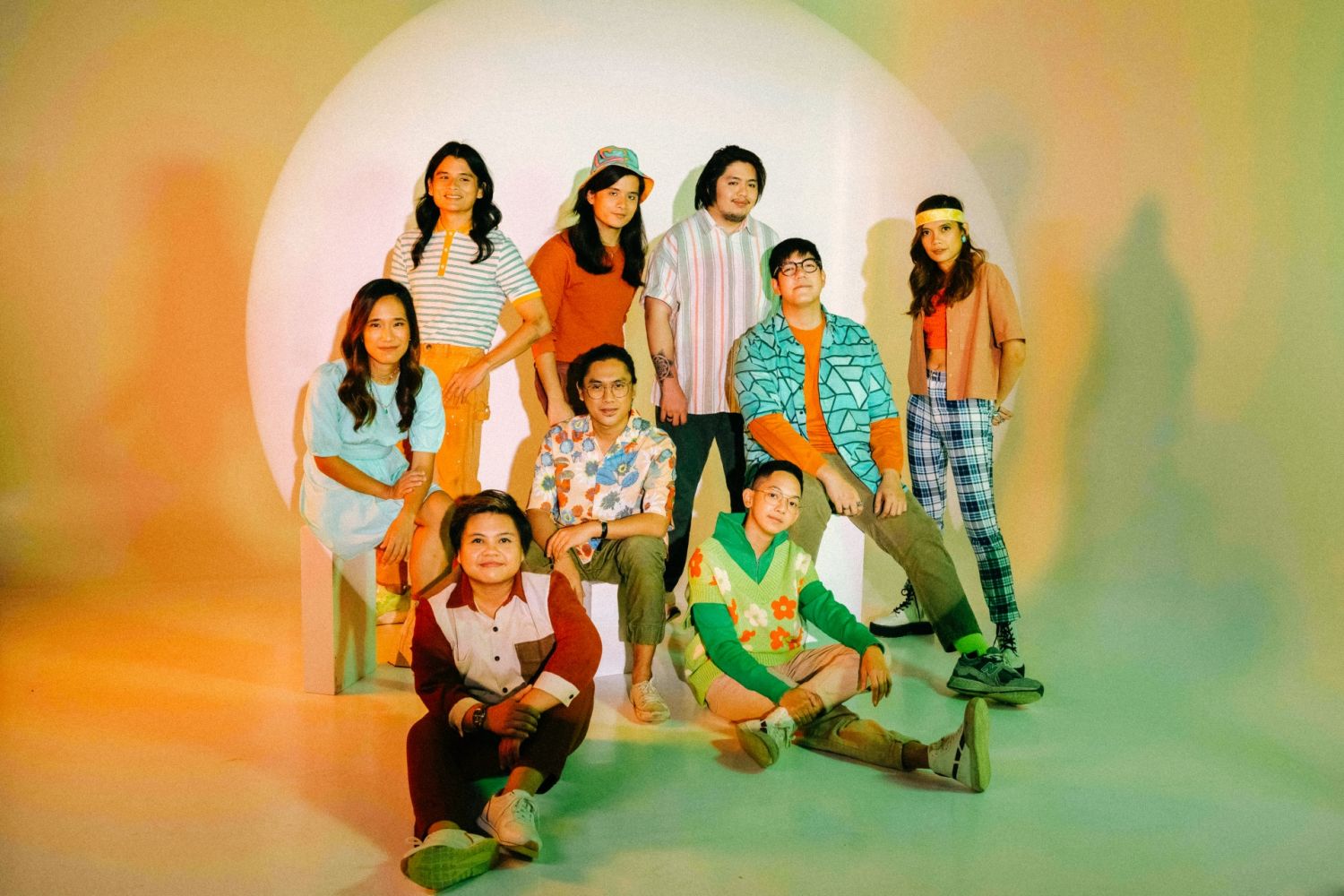9-piece folk-pop OPM band Ben&Ben on their love of Coldplay, letting each other shine, and what's next for the local music industry
Known for their contemporary take on a nostalgic, familiar sound, folk-pop group Ben&Ben has broken records left and right, showing no signs of slowing down. Comprised of brothers Paolo Benjamin and Miguel Benjamin on acoustic guitars and vocals, Poch Barretto on electric guitar, Jam Villanueva on drums, Agnes Reoma on bass, Patricia Lasaten on keyboards, Toni Munoz and Andrew de Pano on percussions, and Keifer Cabugao on violin, the band became the first Filipino act to amass over 1 billion streams on Spotify and currently holds 3.5 million monthly listeners on the platform. As 2019’s best-selling album by a Filipino artist, their quadruple platinum debut album, Limasawa Street, is itself a title-holder, leading the group to perform at concerts and music festivals both local and international.
See also: SOS Frontman Roberto Seña on Genre-Less Music and Empowering Local Artists

Boasting both commercial and critical success, their 2021 sophomore album, Pebble House, Vol. 1: Kuwaderno, suggests this is but the beginning for Ben&Ben. Created and released amidst the COVID-19 pandemic, the album posed a challenge for the artists—one they turned into a unique opportunity. Come July 2020, the nine-piece ensemble moved one house on a certain Pebble Street, a bold decision that would soon pay off. "We've learnt so much about each other," reflects de Pano, "And it's true when they say the more you learn, the more there is left to be learned still. We look forward to meeting all the different versions of ourselves and each other throughout the many years to come."
While the group keeps themselves busy preparing for their eight-city tour through the United States and Canada, as well as a send-off concert at the CCP Open Grounds this September 3rd, learn more about Ben&Ben and their many personas below:
See also: Mito Fabie as Curtismith: Rejecting Profitability, Embracing Authenticity

